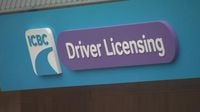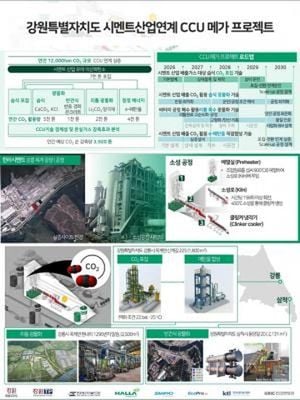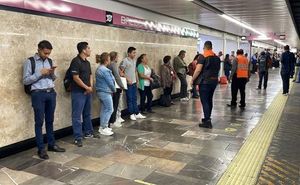New drivers in British Columbia will soon have an easier path to full licensure, thanks to proposed changes to the province's graduated licensing program. On April 16, 2025, the B.C. government announced legislation aimed at streamlining the process, which will eliminate the requirement for a second road test for drivers holding a Class 7 novice license with a clean driving record.
Under the current system, drivers aged 16 and older must first pass a knowledge test and undergo vision screening to obtain their learner's license, also known as the L designation. After a year of supervised practice, they can take their first road test to secure a novice's license, or N designation. Currently, drivers must then wait at least two years before they can apply for a full Class 5 license, which requires passing a second road test.
However, with the new legislation, drivers will instead enter a 12-month restriction period during which they must demonstrate safe driving behavior before automatically earning their full license. This change is intended to reduce long wait times for new drivers seeking their full license and address the growing backlog of road test appointments.
According to a press release from the province, the changes aim to reduce the crash risk associated with inexperience and eliminate requirements that have not been proven to enhance road safety. The government noted that the Insurance Corporation of British Columbia (ICBC) had recently apologized to customers facing months-long wait times to book driving tests.
“Instead, for those drivers eligible to move to a Class 5 license, government will be creating a new 12-month restriction period, during which they must demonstrate safe driving behavior to progress,” the province stated.
Currently, B.C. drivers must pass two road tests. After passing the Class 7 test, they enter a novice stage that lasts for 24 months, but can be reduced with approved driver training. Following this period, they must take the Class 5 test to become fully licensed. The new regulations will remove the Class 5 test requirement, allowing new drivers to simply complete the additional 12-month stage and maintain a clean driving record.
Kyla Lee, a Vancouver-based lawyer specializing in driving law, expressed mixed feelings about the proposed changes. She described the adjustments as a generally positive step but also referred to them as a “wolf in sheep’s clothing.”
“It’s going to save government a lot of money, not paying for a second road test for every single driver going through the Graduated Licensing Program. But it’s also going to be profitable,” Lee explained during an interview with 1130 NewsRadio.
Lee raised concerns that the new restrictions could lead to harsher consequences for novice drivers, as they will be monitored and assessed during the new 12-month period. She warned that this could result in increased revenue for the province from disputes related to license prohibitions, suspensions for alcohol or drugs, and reinstatement fees.
“This means [the province is] going to collect more revenue on disputes of licence prohibitions; they’re going to collect more revenue on disputes of suspensions for alcohol or drugs; and they’re going to collect more revenue on the reinstatement fees for people’s licences,” she stated.
Lee also expressed skepticism about the effectiveness of the changes in improving road safety. “As soon as you put two years between somebody’s initial road test and when they’re given the go-ahead to be an unrestricted driver, you run into a situation where you’re not maintaining the proper oversight over people as they’re developing their driving skills in a way that could put the public at risk,” she noted.
The provincial government’s decision to streamline the licensing process follows ICBC's acknowledgment in March 2025 that wait times for drivers to book tests had increased due to staffing shortages and the high rate of failures on road tests. Minister of Public Safety Garry Begg explained that removing the second road test requirement would help alleviate these long wait times for those seeking to earn their novice license.
“Cancelling the need for a second test would reduce waiting times for those seeking a road test to earn their novice (Class 7) licence,” Begg stated.
Currently, drivers must pass a written test and an eye exam to receive their learner's plate. With this plate, they can drive as long as they have a licensed individual over 25 in the vehicle. After a year of practice, they can take a road test to earn their novice plate. After at least two years as a novice driver, they must take another road test for their Class 5 license.
Under the new regulations, drivers will no longer need to take that second road test but will instead complete a 12-month stage, maintaining a clean driving record before automatically obtaining their full license. The government plans to implement these changes in early 2026.
As the province transitions to this new set of rules, there may be legal confusion, with some applicants still subject to the former regulations. It will take time to assess how these changes impact road safety and the experiences of new drivers.
With these proposed changes, B.C. aims to modernize its driver licensing process, making it more efficient while also addressing the pressing issue of long wait times for new drivers. As the implementation date approaches, many will be watching closely to see how these adjustments affect both the accessibility of driver education and the safety of the roads.






